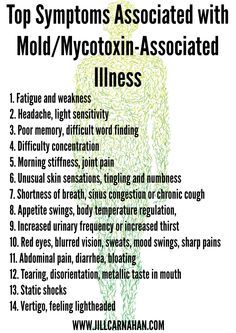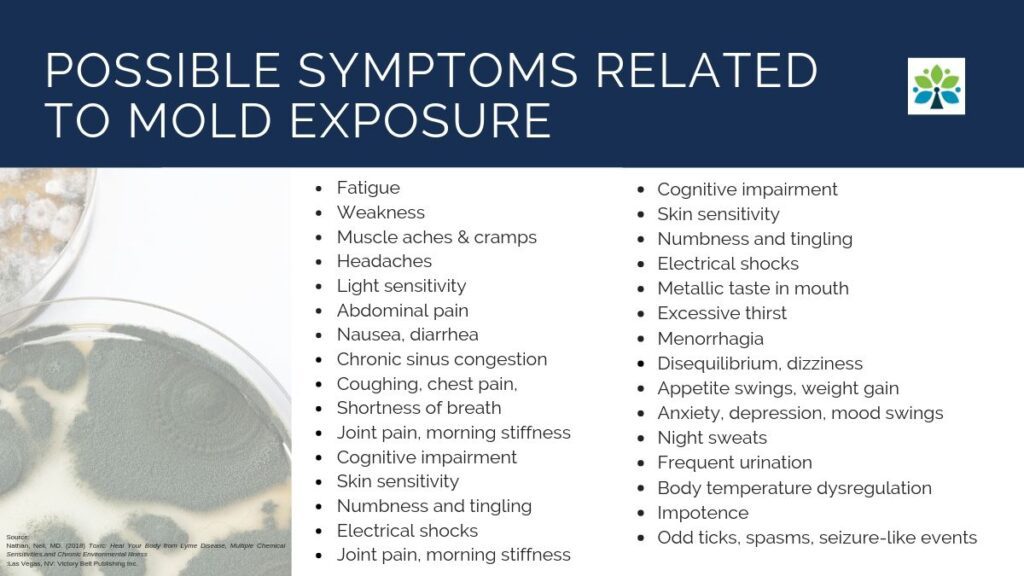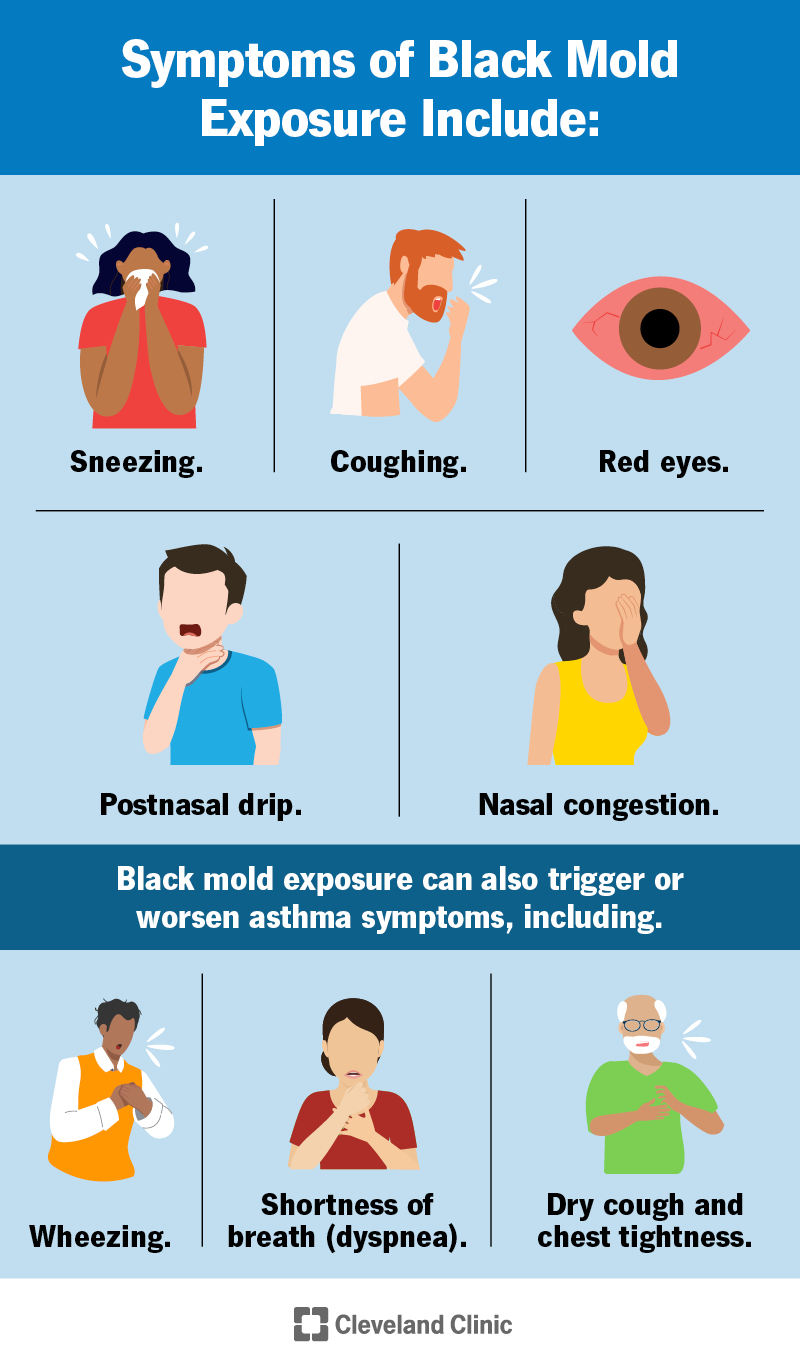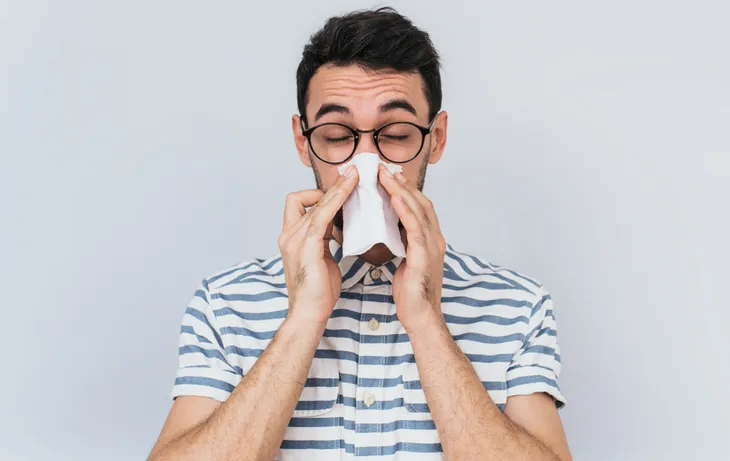In this article, you will find a comprehensive list of 13 symptoms that could indicate prolonged mold exposure and when it might be necessary to seek medical attention. Whether you’ve recently discovered a mold issue in your home or suspect that your health symptoms could be related to mold exposure, it’s crucial to understand the signs that your body may be reacting to prolonged exposure. By recognizing these symptoms, you can take the necessary steps to protect your health and seek appropriate medical care if needed. Don’t ignore the potential impact of mold on your well-being – read on to learn more about when it’s time to seek professional help.
1. Headaches
Headaches are a common symptom associated with mold exposure. There are different types of headaches that can be caused by prolonged exposure to mold. These headaches can vary in intensity and duration depending on the individual and the level of mold exposure. Some people may experience mild headaches that come and go, while others may suffer from more severe and persistent headaches. It is important to pay attention to the frequency and intensity of your headaches if you suspect mold exposure as a possible cause.
2. Respiratory Issues
Mold can also affect your respiratory system, leading to various issues such as nasal congestion, coughing, wheezing, and shortness of breath. Nasal congestion occurs when the nasal passages become swollen and blocked, making it difficult to breathe through the nose. This can lead to a stuffy or runny nose, as well as difficulty sleeping. Coughing and wheezing are other common respiratory symptoms that may arise due to mold exposure. These symptoms can be particularly bothersome, and in some cases, they might be accompanied by shortness of breath. Additionally, mold exposure can contribute to the development of sinus infections, which can further exacerbate respiratory issues.
3. Skin Irritation
Another potential manifestation of prolonged mold exposure is skin irritation. Rashes, itchy skin, and hives can occur as a result of contact with mold spores. These skin symptoms can be uncomfortable and irritating, leading to redness, swelling, and itchiness. It is important to remember that individuals may have varying sensitivities to mold, so the severity of these symptoms can vary from person to person. If you notice any skin changes or persistent itching, it may be worth considering mold exposure as a possible cause.
4. Fatigue and Weakness
Feeling persistently tired and lacking energy can be signs of mold exposure. Mold can release toxins known as mycotoxins, which can affect your energy levels and overall well-being. Prolonged exposure to mold can lead to chronic fatigue, making even simple tasks feel draining. Muscle weakness is another symptom that may accompany fatigue, and it can make physical activities more challenging. If you find yourself constantly feeling tired and weak, mold exposure could potentially be a contributing factor.

5. Allergic Reactions
Allergic reactions are a common response to mold exposure. Sneezing, watery eyes, a runny or blocked nose, itchy throat, and postnasal drip are all symptoms that can be experienced as a result of an allergic reaction to mold. These symptoms may resemble those of seasonal allergies or a common cold, but if they persist for an extended period or worsen when you are indoors, it could indicate mold exposure. Pay close attention to any changes in your respiratory system and consider seeking medical attention if your symptoms persist or worsen.
6. Cognitive Problems
Mold exposure can also impact cognitive functions, causing difficulties with concentration, memory issues, confusion, and a feeling of “brain fog.” These cognitive problems can be frustrating and affect your daily life. If you notice changes in your ability to concentrate, remember things, or experience mental clarity, it is important to consider the potential role of mold exposure. Seeking medical advice can help determine the cause of these cognitive symptoms and provide appropriate treatment or interventions.
7. Digestive Issues
In some cases, mold exposure can lead to digestive issues such as nausea, vomiting, diarrhea, and abdominal pain. These symptoms can occur due to the release of mycotoxins by molds, which can irritate the digestive system. If you experience persistent or recurring gastrointestinal symptoms, it is worth considering mold exposure as a possible cause. Seeking medical attention can help identify the source of these symptoms and provide appropriate treatment options.
8. Muscle and Joint Pain
Muscle and joint pain can also be associated with prolonged mold exposure. Aching muscles, joint stiffness, and muscle cramps may be experienced by individuals who have been exposed to mold for an extended period. These symptoms can be particularly bothersome, affecting your mobility and overall comfort. If you notice persistent muscle or joint pain that cannot be explained by other factors, it may be worth exploring the possibility of mold exposure as a contributing factor.

9. Respiratory Infections
Repeated respiratory infections can be a consequence of prolonged mold exposure. Mold can weaken the immune system, making individuals more susceptible to respiratory infections, such as colds and flu. In severe cases, mold exposure can even lead to pneumonia. If you find yourself frequently falling ill with respiratory infections, it might be prudent to consider the potential role of mold exposure and seek medical attention to address the underlying cause.
13. Immune System Suppression
Prolonged mold exposure can suppress the immune system, making individuals more prone to frequent illnesses. A weakened immune response can leave you vulnerable to various infections and make it more difficult for your body to fight off pathogens. If you notice that you tend to get sick frequently or have a difficult time recovering from illnesses, it is essential to address the potential impact of mold exposure on your immune system. Seeking medical advice can help assess your immune function and explore appropriate treatment options.
In conclusion, prolonged mold exposure can lead to a range of symptoms and health issues. From headaches and respiratory problems to skin irritation, fatigue, and cognitive difficulties, mold exposure can have a significant impact on your well-being. Additionally, mold exposure can weaken the immune system and make individuals more susceptible to infections and respiratory issues. If you experience any of these symptoms or suspect mold exposure as a possible cause, it is crucial to seek medical attention to address the underlying issue and ensure your health and well-being. Remember, early detection and proper treatment can make a significant difference in managing and reducing the impact of mold exposure on your health.


